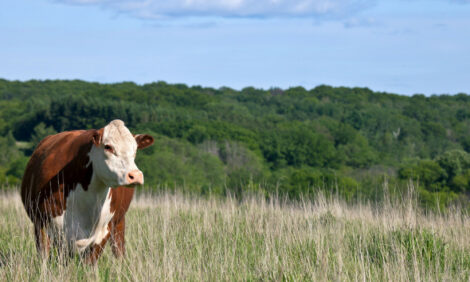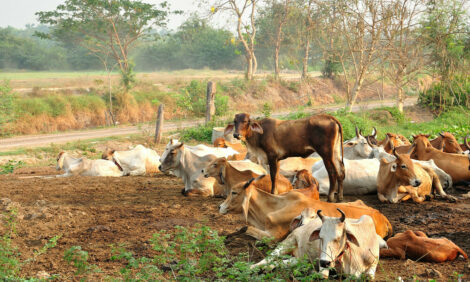



UK Milk Sinks to 37 Year Low
UK - Milk production in the United Kingdom has sunk to its lowest level since 1971. The news has brought fears of upcoming milk shortages on the horizon, with the National Farmers' Union Scotland warning that the traditional pint may be at risk.Figures from the Rural Payments Agency have shown that between April 2007 and March 2008, milk production in the UK fell to 13.2 billion litres. The figure has fallen from the 2006/2007 figure of 14.1 billion litres. Sources indicate that the last time production was this low was in 1971 when the UK produced 12.9 billion litres of milk.
This reduction in the amount of milk being produced by Britain’s farmers is happening against a backdrop of the consumption of milk and cheese actually increasing. In the last 12 months, milk consumption has increased by around 3 per cent and the demand for home-produced, local milk and dairy products is also increasing.
Those buying, processing and retailing milk need to wake up to the fact that security of supply is no longer guaranteed. So, unless action is taken to increase production, the UK could be seeing shortages of British made milk, cheese and other dairy products.
Willie Lamont, NFU Scotland Milk Committee Chairman and a dairy farmer from Ayrshire, said:
“We aren’t far off a situation whereby shoppers may not find the full range of British dairy products on the shelves. Shortage is a real threat.
“The demand for fresh milk and quality cheese is climbing and farmers want to play a part in giving the public what they want.
“In addition, the UK population has increased by over 4.5 million since 1971 so we are attempting to cater for a far higher number of people with the same amount of milk. This is unsustainable.
“Dairy farmers are giving up milking cows because to produce milk is, at best, borderline profitable. People are starting to say enough is enough and are leaving the industry.
“If we want to ensure that the UK population can continue to find the fresh milk it needs for its cornflakes and the cheese for its dinner table, then all those involved in the dairy chain must pay dairy farmers a price that allows them to remain in business and invest for the future.
“We are at the real crunch time now – if something isn’t done soon to address the issue then we may all be needing to change what we eat for breakfast, lunch and dinner.”
TheCattleSite News Desk


